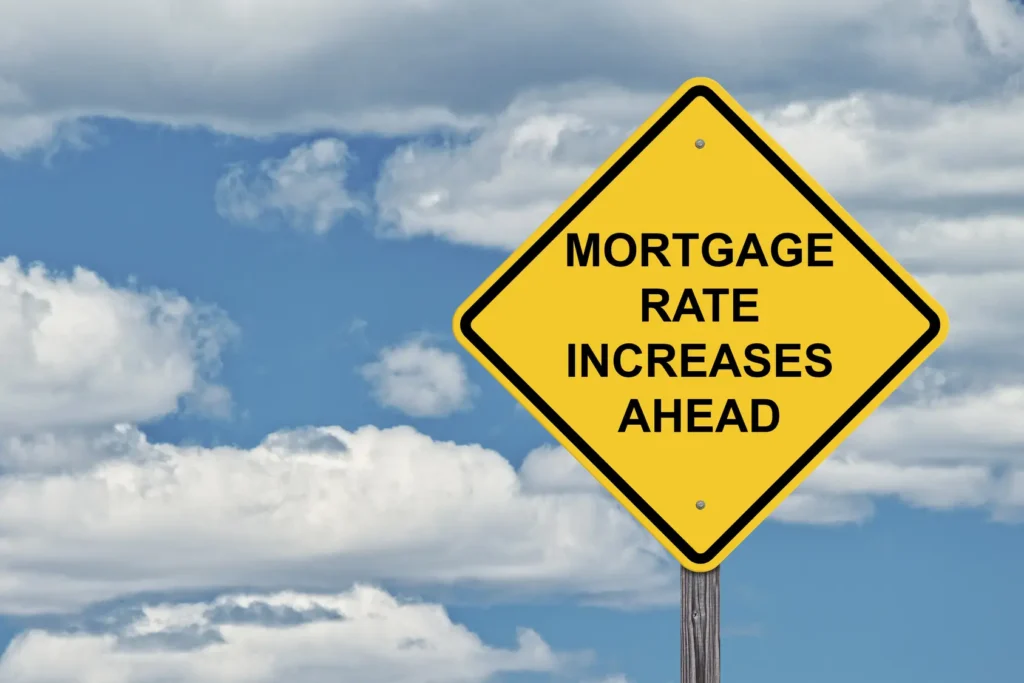Mortgage Costs Soar to Highest Levels in 15 Years

Mortgage costs have reached a peak, hitting their highest level in 15 years. The recent
surge is a result of rising interest rates and inflation, leading to financial uncertainty for both
borrowers and businesses. This article delves into the implications of soaring mortgage costs,
and explore how borrowers are coping and the challenges faced by struggling businesses.
The Rising Mortgage Costs
With the average rate on a 2 year fixed mortgage deal now standing at 6.66%, a level not seen
since August 2008 and the financial crisis, people are feeling the pinch. Lenders, struggling with
inflation and uncertainty over interest rates set by the Bank of England, have been forced to raise
rates, leading to more financial burdens for homeowners. This has raised concerns among
policymakers and led to questioning of lenders by MPs regarding the impact on customers.
Impact on Borrowers
The Treasury Select Committee hearing shed light on the stress faced by mortgage borrowers and
the responses from lenders. While fixed-rate mortgage holders are likely to see a significant increase
of around £350 per month in their repayments, the relatively low number of defaults can be
attributed, in part, to the current low unemployment rate. Nevertheless, prospective buyers are
experiencing challenges, as tighter affordability measures have compelled them to either increase
their deposit or settle for smaller properties.
In the face of mounting mortgage costs, homeowners have been employing various coping
strategies. Some individuals are opting to overpay on their current mortgage deals, taking advantage
of any extra funds to reduce their outstanding balance. Moreover, others are considering extending the term of their mortgages, effectively stretching out the repayment period to reduce monthly payment
amounts. These strategies highlight the resourcefulness and resilience of borrowers in navigating the
challenging economic landscape.
Businesses on the Brink
The impact of soaring interest rates extends beyond individual borrowers. Thousands of businesses,
particularly those in the hospitality sector, are facing closure due to the devastating effect of
interest rate hikes on government-backed Covid loans. Many of these companies, having taken
out various forms of finance during the pandemic to stay afloat, are now dealing with
unrealistic interest payments. The Federation of Small Businesses, Hospitality UK, and the British
Beer and Pub Association have urged for greater flexibility in loan repayment terms to prevent
widespread business closures.
The government-backed Coronavirus Business Interruption Loan Scheme (CBILS) provided much-
needed financial support to businesses during covid-19. However, only one in four firms have
managed to repay their crisis loans. The loans were offered at fixed and variable rates, with some
rates as high as 3.99% above the Bank of England base rate. As the base rate is expected to
rise further, hitting a potential peak of 6%, interest on these loans could rocket to as high as
10%.
The current surge in mortgage costs, seeing levels not seen in 15 years, has created significant
challenges for borrowers and businesses alike. While some are employing various strategies to cope with the financial burden, the hospitality sector and other struggling businesses are at risk of closure due to rising interest rate hikes on government-backed loans. It is crucial for policymakers, lenders, and the government to work together to provide support and flexibility to both homeowners and businesses, ensuring a sustainable and resilient economy for all.
